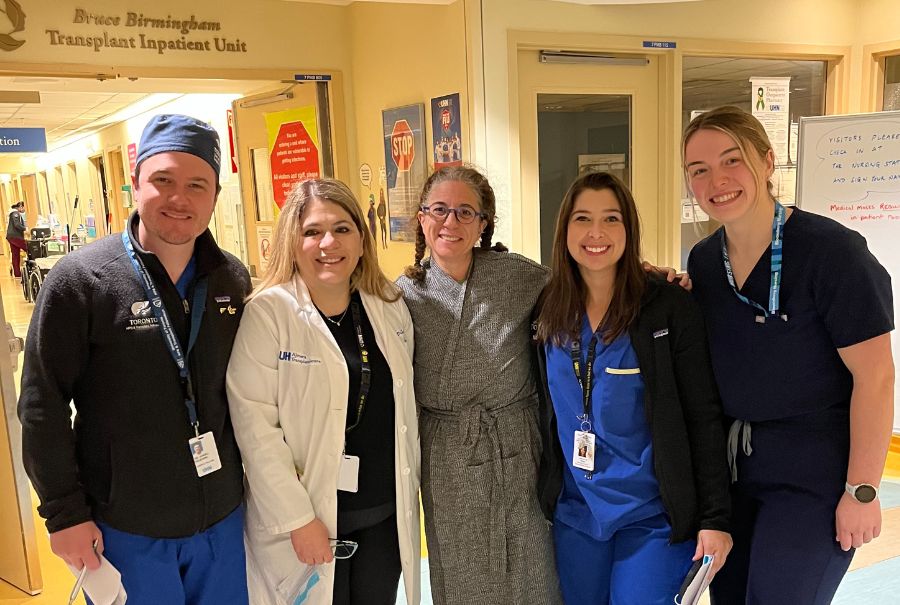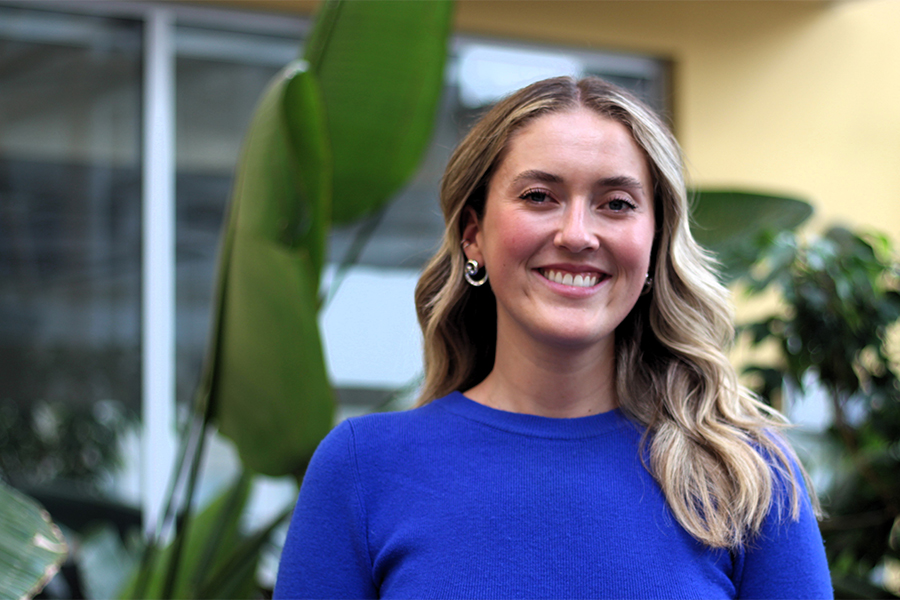Dr. Anna Gagliardi is a Senior Scientist at the Toronto General Hospital Research Institute and the senior author of the study. (Photo: UHN)
Hospitals frequently seek the help of patients in the planning and improvement of health care services.
Dr. Anna Gagliardi at the Toronto General Hospital Research Institute led a study to identify the impact of patient engagement at hospitals.
“Even though it’s common for hospitals to have a patient and family advisory committee, we wanted to know what the effect of these activities are,” says Dr. Gagliardi.
The research team set up interviews at nine hospitals that seek patient participation for planning and improving their clinical programs. They interviewed a wide range of stakeholders, including the managers of patient engagement programs, physicians, patients and family partners.
The research team also included patient partners who contributed to the design of the study.
The team found that the engagement of patient partners in the design and improvement of hospital services had a positive impact on patients and their families, physicians and hospital staff.
“We found that when hospitals engage patient partners in designing care, there were multiple benefits,” says Dr. Gagliardi, who is also a professor of surgery at the University of Toronto. “Patients felt that their needs were seriously considered.
“Physicians and hospital staff felt that they communicated better with their patients, were more efficient in providing health care, felt more confident and at ease with their work, and enjoyed their work more.”

The study also found that the inclusion of patient engagement programs led to better patient outcomes – hospitals with these programs reported reduced wait times, and lower incidence of falls and re-admissions.
Through consulting patients, hospitals improved their policies and strategic plans, programs and services, and provided better educational material for patients.
Several unintended consequences of engaging patients to improve hospital programs were also identified. For example, some patients and families may have felt overburdened with frequent consultations.
“These potential drawbacks can be addressed by establishing a larger pool of patient and family advisors,” says Dr. Gagliardi.
The study provides key insights that could be used by hospitals and policy makers to decide how best to invest their resources to improve services – paving the way for a healthier health care system.
This work was supported in part by donors to UHN Foundation.


